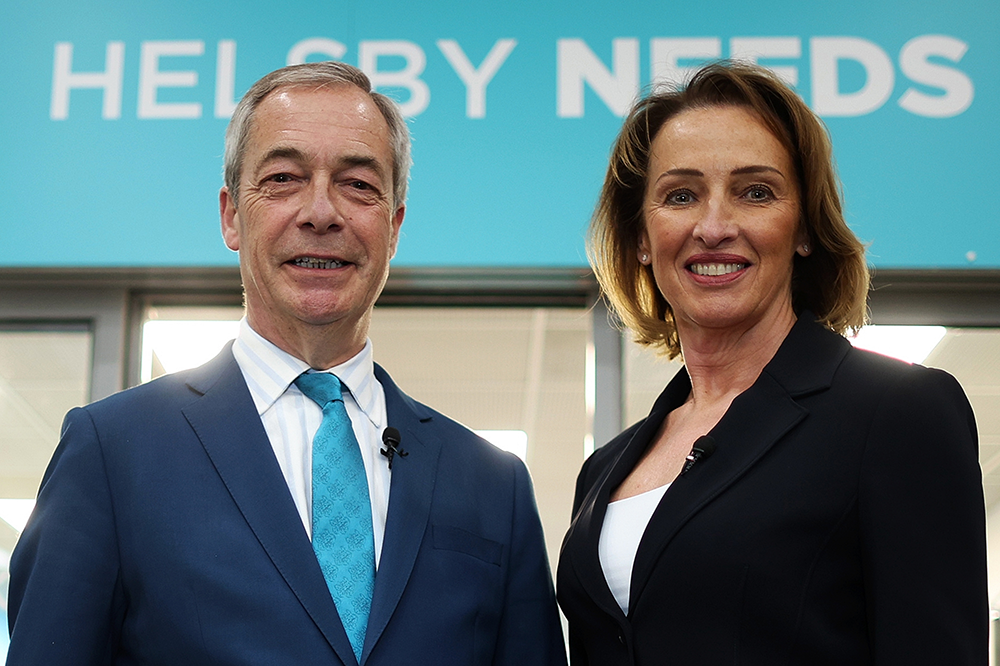Foreign relations are among the most political functions of a government. Ministers favour or disfavour other states based on calculations about which relationships might better serve the national interest. Human rights violations are condemned here, while a blind eye is turned there. Dictators are treated as democrats and democrats as dictators depending on the diplomatic needs of the day. It’s a dishonest, venal, hypocritical business conducted by people with almost no morally redeeming characteristics. Like I said, it’s politics.
Too many state actions are compelled – or claimed to be compelled – by law or judicial interpretation of the law. This bodes ill for parliamentary sovereignty, even if it is parliament that keeps passing legislation without considering its practical effects, but it is perhaps even more unfortunate for judges. This isn’t about the Chagos islands but that issue usefully illustrates what I’m talking about. When the Prime Minister tells the public he must surrender sovereign British territory because a (non-binding, advisory) opinion of the International Court of Justice says so, he might think he is signalling his high-status views about international law to his peers in the post-national professional class but he is also telling the British public that the ICJ is an institution that goes around telling the UK which territory it is allowed to keep and which it must surrender. Whatever esteem the ICJ was hitherto held in, it will have been diminished by this matter.
The 40 legal experts who have written to Lord Hermer warning that recognition of Palestine contravenes the Montevideo Convention (for recognition, states must possess a permanent population, defined territory, a government, and capacity to treat with other states) work the same misguided, legalistic seam. Shadow Attorney General Lord Wolfson, a lawyer but a respectable man all the same, says ‘recognition of a foreign state… has always and universally been regarded as a legal question’. The legal frameworks for recognition, however, originate in political decisions. If it so wished, Parliament could legislate tomorrow that UK recognition of other states is entirely at the discretion of the Foreign Secretary. That would be a supremely bad idea, but scarcely worse than ‘Oi, mate. You got a loicence to recognise that disputed territory?’ When the state speaks to the world, its political and not its legal institutions should do the talking.
As it happens, I think recognising Palestine is both impractical and morally objectionable, and I have set out how I think Jerusalem should respond. But if the UK decides to go ahead, the government should get its way. They are the King’s ministers, after all, and they are entrusted with his foreign relations. That doesn’t mean recognition should be consequence-free. On the contrary, while states should be at liberty to grant recognition other states should be free to take actions in response.
On that note, I would draw your attention to a statement issued by the US State Department on Thursday unveiling sanctions on members of the Palestine Liberation Organisation and officials of the Palestinian Authority. The grounds given are that the two organisations are ‘not in compliance with their commitments’ under US law to refrain from ‘initiating and supporting actions at international organisations that undermine and contradict prior commitments in support of Security Council Resolution 242 and 338’ and ‘taking actions to internationalise its conflict with Israel’ through certain global institutions. In supporting unilateral recognition by states like Britain, France and Canada, the Palestinian Authority has, the United States submits, violated its commitments.
That the Trump administration has responded in this way suggests sincere displeasure with the Palestinians and the current governing structures in the West Bank and Gaza. If more states come forward to recognise Palestine without requiring a peace deal with Israel, it will be for Trump to decide whether to escalate sanctions. At a point where relations between Washington and Ramallah are becoming more strained, Britain and nations like it have chosen to tie themselves to a recognition policy that could bring them into sharp conflict with the goals of the Trump administration. Donald Trump is not a forgiving man. States can make their own decisions about recognition but they will have to accept whatever consequences might come out of the White House as a result.








Comments